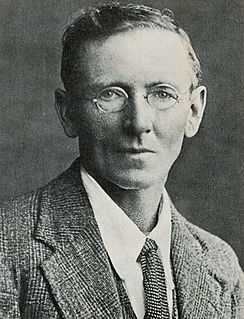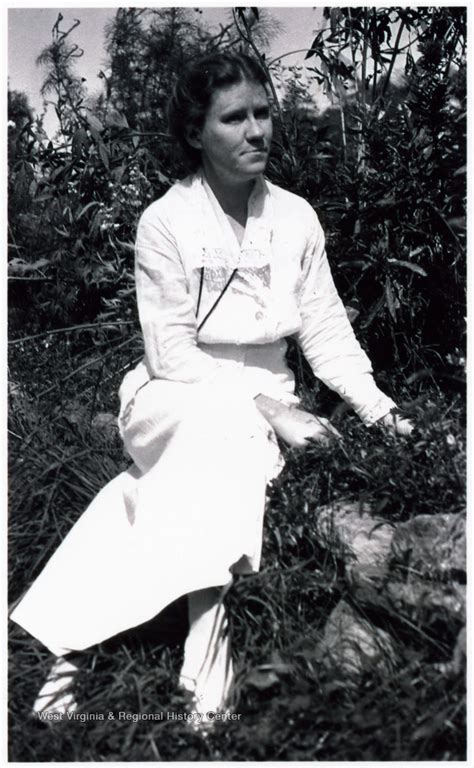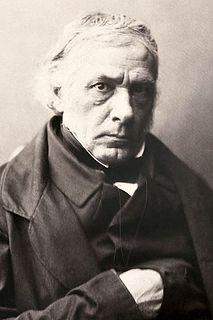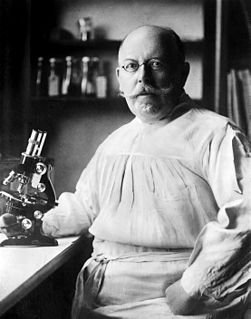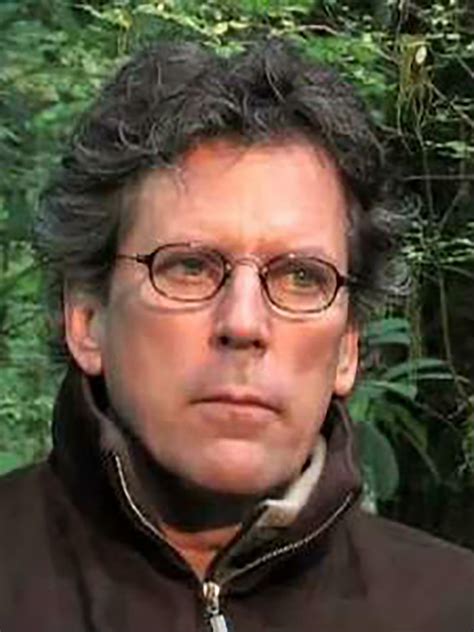A Quote by John Milton
Beauty is nature's brag, and must be shown in courts, at feasts, and high solemnities, where most may wonder at the workmanship.
Related Quotes
Though nature is constantly beautiful, she does not exhibit her highest powers of beauty constantly, for then they would satiate us and pall upon our senses. It is necessary to their appreciation that they should be rarely shown. Her finest touches are things which must be watched for; her most perfect passages of beauty are the most evanescent.
We must not only protect the country side and save it from destruction, we must restore what has been destroyed and salvage the beauty and charm of our cities ... Once our natural splendor is destroyed, it can never be recaptured. And once man can no longer walk with beauty or wonder at nature, his spirit will wither and his sustenance be wasted.
How fleeting are the wishes and efforts of man! how short his time! and consequently how poor will his products be, compared with those accumulated by nature during whole geological periods. Can we wonder, then, that nature's productions should be far 'truer' in character than man's productions; that they should be infinitely better adapted to the most complex conditions of life, and should plainly bear the stamp of far higher workmanship?
Beauty imposes reverence in the Spring, Grave as the urge within the honeybuds, It wounds us as we sing. Beauty is joy that stays not overlong. Clad in the magic of sincerities, It rides up in a song. Beauty imposes chastenings on the heart, Grave as the birds in last solemnities Assembling to depart.
We may conclude, therefore, that, in order to establish laws for the regulation of property, we must be acquainted with the nature and situation of man; must reject appearances, which may be false, though specious; and must search for those rules, which are, on the whole, most useful and beneficial.
You may object that by speaking of simplicity and beauty I am introducing aesthetic criteria of truth, and I frankly admit that I am strongly attracted by the simplicity and beauty of mathematical schemes which nature presents us. You must have felt this too: the almost frightening simplicity and wholeness of the relationship, which nature suddenly spreads out before us.
Doubtless almost any intense emotion may open our 'inward eye' to the beauty of reality. Falling in love appears to do it for some people. The beauties of nature or the exhilaration of artistic creation does it for others. Probably any high experience may momentarily stretch our souls up on tiptoe, so that we catch a glimpse of that marvelous beauty which is always there, but which we are not often tall enough to perceive.
If diphtheria is a disease caused by a microorganism, it is essential that three postulates be fulfilled. The fulfilment of these postulates is necessary in order to demonstrate strictly the parasitic nature of a disease:
1) The organism must be shown to be constantly present in characteristic form and arrangement in the diseased tissue.
2) The organism which, from its behaviour appears to be responsible for the disease, must be isolated and grown in pure culture.
3) The pure culture must be shown to induce the disease experimentally.
An early statement of Koch's postulates.
Wonder is like grace, in that it's not a condition we grasp; it grasps us. Wonder is not an obligatory element in the search for truth. We can seek truth without wonder's assistance. But seek is all we'll do; there will be no finding. Unless wonder descends, unlocks us ... truth is unable to enter. Wonder may be the aura of truth, the halo of it. Or something even closer. Wonder may be the caress of truth, touching our very skin.





